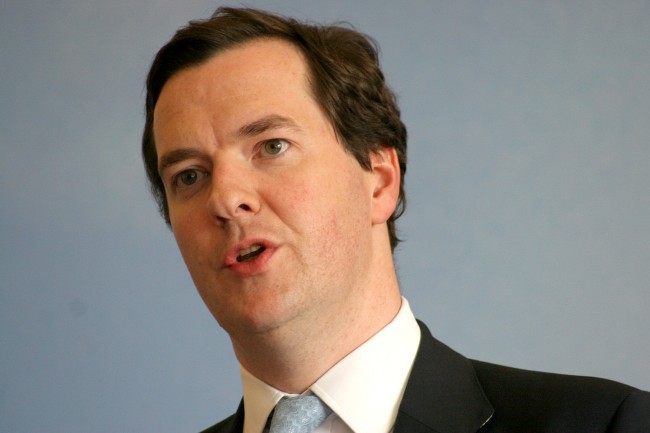The prime minister’s official spokeswoman said on Tuesday that Cameron did not believe that UK cash should be on the line, and there was currently no proposal on the table for this to happen.
George Osborne, the chancellor, said earlier that he would block any EU move to draw on an emergency fund containing British money for the new bailout programme, according to The Guardian.
Arriving in Brussels for a meeting of European finance ministers, Osborne said: “Britain is not in the euro, so the idea that British taxpayers will be on the line for this Greek deal is a complete non-starter. The eurozone needs to foot its own bill.”
There were reports on Monday that the European commission president, Jean-Claude Juncker, proposed to revive the European Financial Stabilisation Mechanism (EFSM) to use as collateral against short-term loans to Greece.
Britain believes this would renege on an agreement that the EFSM, which involves all 28 EU members, would no longer be used to underwrite bailouts of eurozone countries, which instead would be the responsibility of the 19 members of the single currency.
Cameron’s spokeswoman said the prime minister completely shared Osborne’s view that it would be unacceptable.
“We’ve been clear we do not think British taxpayers should be providing funding for the eurozone,” she said. “We should be clear that there is no proposal on the table.”
Eurozone leaders struck a deal on Monday to prevent Greece from leaving the euro in return for a pledge from Athens to enact major reforms in the coming days.
The Greek prime minister, Alexis Tsipras, vowed on Monday evening to secure parliamentary approval after accepting a third bailout programme that came at the end of exhaustive talks with EU leaders.
Britain, however, has been alarmed about the possibility of having to participate, leading the chancellor to hold a series of telephone conversations with his counterparts ahead of Tuesday’s meeting to emphasise his opposition.
In the House of Commons, Alex Salmond, the SNP’s foreign affairs spokesman, said the UK would “reap a bitter harvest” from its failure to support Greece, claiming holidaymakers were being discouraged from visiting the country.
“Shouldn’t the government have shown a bit more solidarity with the people of Greece over recent weeks? For many of us, the attitude of the European commission, the ECB, certain European leaders, has been arrogant, dismissive and even anti-democratic,” he said.
“But all this government seems to have done is discourage tourists from going to Greece.”
David Lidington, the foreign office minister, rejected Salmond’s criticism and said Britain had offered to help Greece.
“I don’t know if you were here when the chancellor made his statement on Greece last week, but the chancellor made very clear the sympathy and long-standing friendship between this country and the people of of Greece,” he said.
“When this government was elected in May this year, the prime minister made an offer to the Greek government of technical support for things like improving the efficacy of their taxation system, that offer still remains open.”
Athens faces demands to repay €7bn in debts in July, including €3.5bn due to the European Central Bank on 20 July.
This will require a bridging loan of as much as £12bn, because the full bailout will not be agreed in time. All of the other 27 EU nations are expected to be asked to contribute.
Some of the controversial reforms Greece promised to pass into law by Wednesday include an overhaul of the country’s VAT and pensions systems and signing up to plans that ensure immediate spending cuts in the event of breaching creditor-mandated budget targets.
The level of hostility engendered by the accord ensures that Greece is likely to be plunged into prolonged political tumult.
The Greek labour minister, Panos Skourletis, said Europe was “punishing us … we can’t make this agreement seem better than it is.” He predicted that fresh elections would almost certainly have to be held later in 2015.
Paul Krugman, the Nobel prize-winning economist and prominent critic of austerity in Greece, said the creditors’ demands “went beyond harsh into pure vindictiveness, complete destruction of national sovereignty [with] no hope of relief.
“It’s a grotesque betrayal of everything the European project was supposed to stand for,” he wrote several hours before the final deal emerged.


